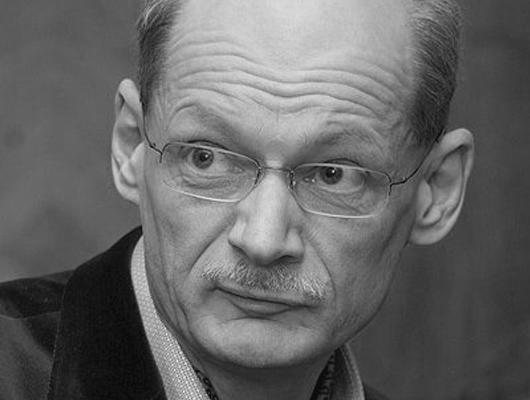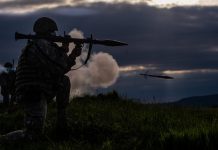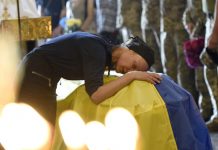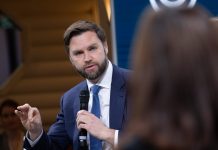A staple of Vladimir Putin’s propaganda has been that Ukrainians want to wipe out the use of the Russian language and hence of the Russian people in their country and that as a consequence, Moscow in the name of the “Russian world” must intervene in order to prevent that from happening.
Those Moscow charges were never as true as the Kremlin wanted everyone to believe, but now, there is new evidence that they are becoming less so. According to Sergey Zenkin, a Moscow scholar and translator, with the formation of “a contemporary political nation,” Ukrainians are less concerned about who speaks Russian than they were.
In a post today on the Kasparov.ru portal, Zenkin recounts a conversation he recently had with a Russian friend who “condemns Russian aggression” in Ukraine but who also finds Ukrainian nationalism “antipathetic”.
She complained to him, the Moscow scholar says, that in her university in Ukraine in the past, “instruction [was] conducted exclusively in Ukrainian” and that even in private conversations with her colleagues, she and they chose not to speak Russian lest someone report on them.
But “now,” she said, “of course, there is no more of that.” Asked whether she meant by “now,” “after the revolution,” the translator’s friend said, “well of course,” and then immediately began to speak about something else.
“I stress,” Zenkin said, “my conversation partner did not devote particular importance to her testimony,” a fact that makes it even “more important.” It provides clear evidence that “in a country which has made a national revolution with the goal (besides everything else) of separating from Russia and in one which is at war with it, attitudes toward Russian have not deteriorated but improved and become more tolerant.”
Clearly, this shows that “a contemporary political nation is in fact being formed, one independent from the ethnic or linguistic attachments of people.” Such a transformation in Ukraine must be recognized by all involved, and it can only be welcomed by all those who hope for the best for Ukraine and its people.
by Paul Goble, Window on Eurasia





